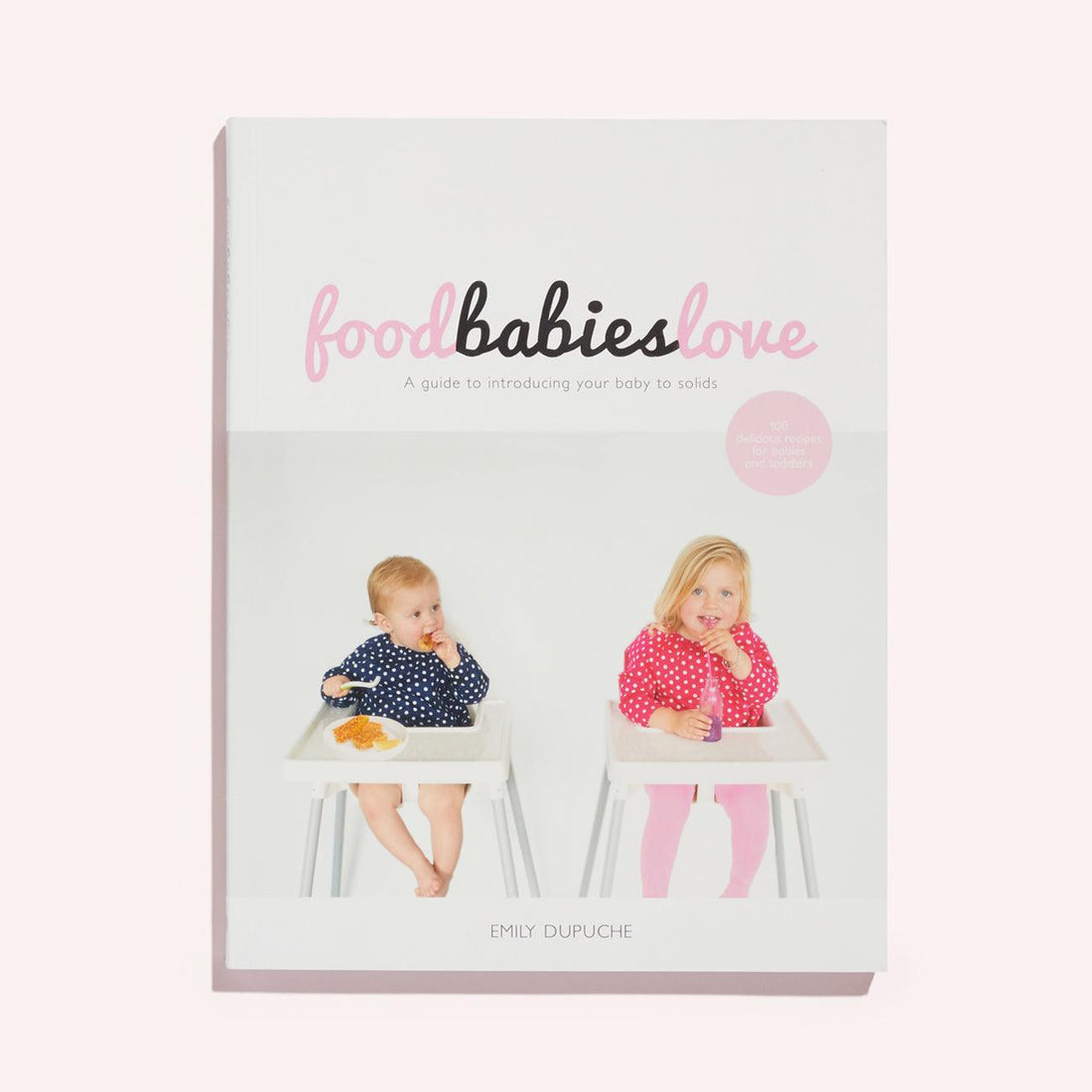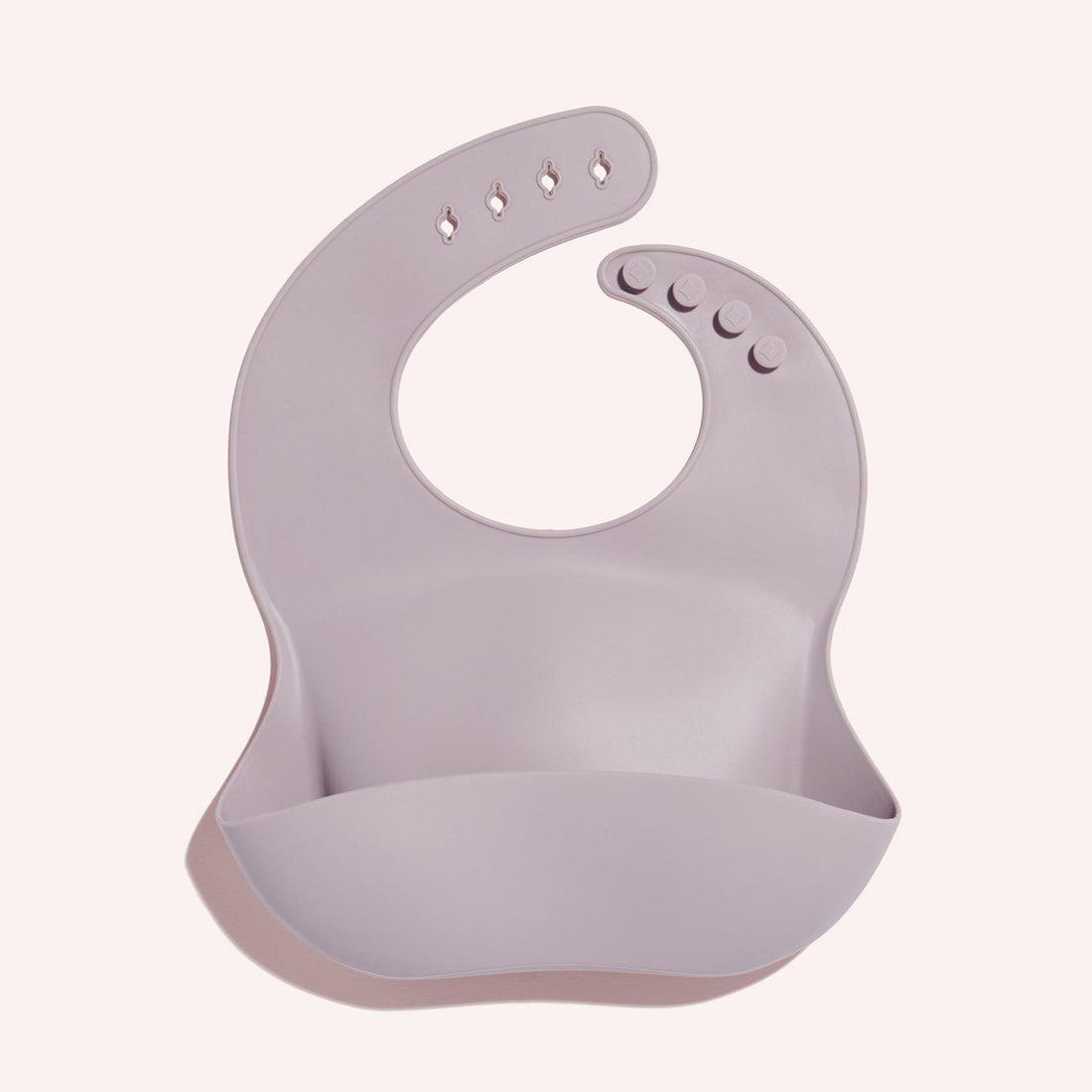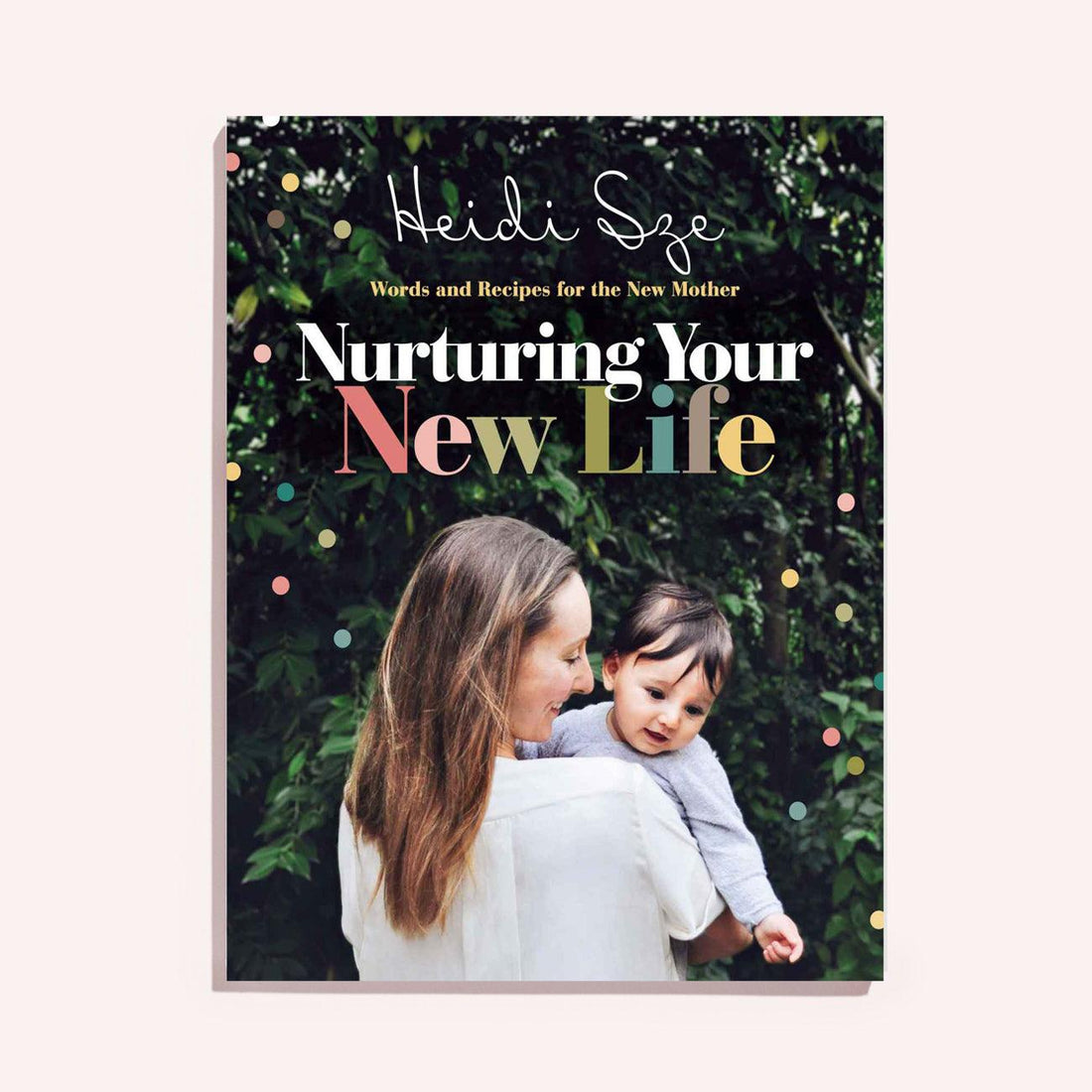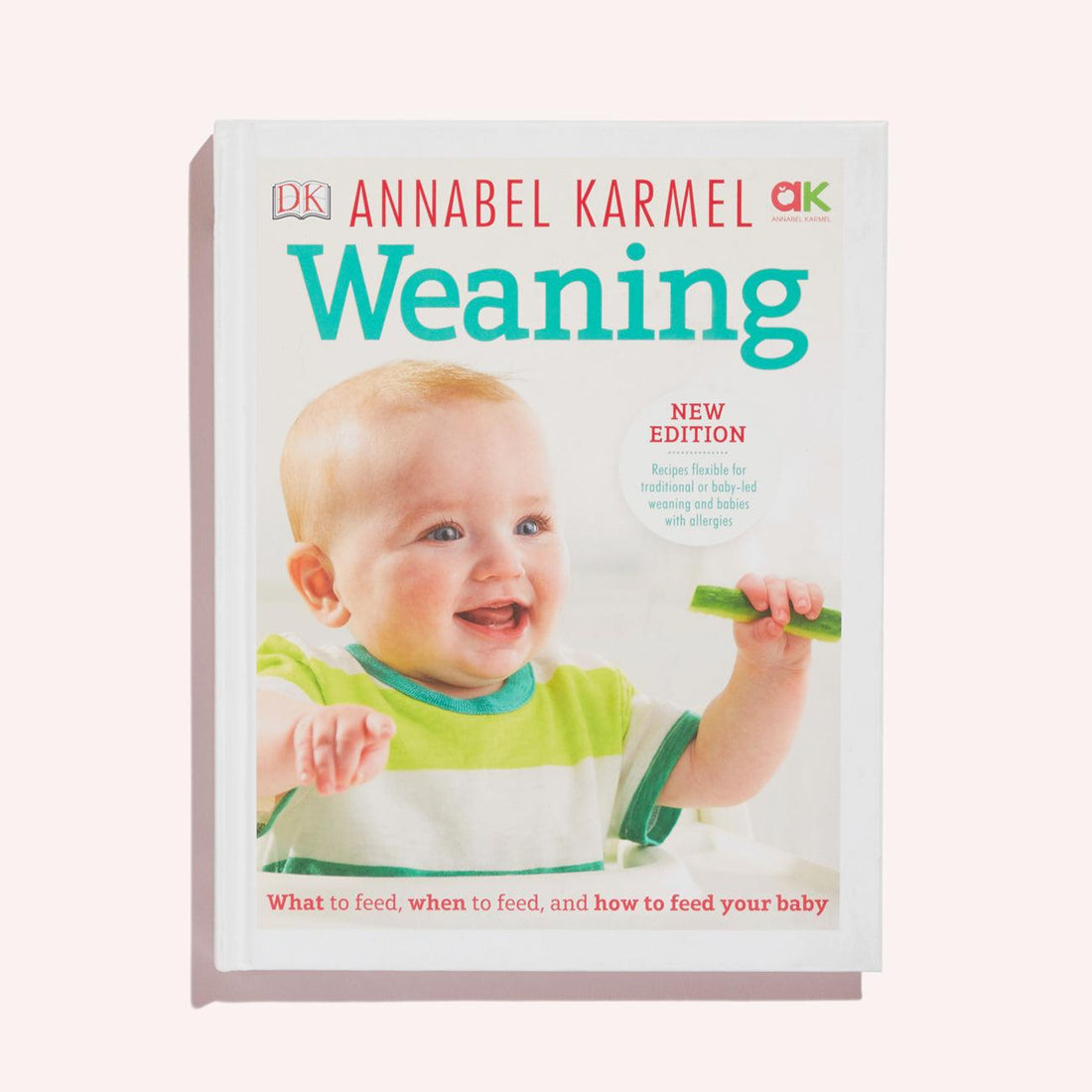A Paediatric Dietitian weighs in.
In the first six months with your baby, there’s this beautiful sense of comfort knowing that your baby’s getting everything they need from their milk, whether it’s breast or formula. Then they have to start solid food and things get much, much more complicated.
There’s stomach adjustments as stools go from mushy to solid, water needing to be fit into the routine and worry if they’re getting what they need, and enough of it, from their solid food to aid brain development, growth and a good night’s sleep. Here we ask Bellamy’s Organic’s Global Nutrition Manager and Paediatric Dietitian Shae Rickards to tell us exactly what babies need from their solids in the early days.
Firstly, what are nutrients and why do we need to make sure our babies get them?
“Nutrients are essential building blocks found in food that our bodies need to function and grow and stay healthy,” says Shae. “They include vitamins, minerals, proteins, fats, carbohydrates, and water, each with a specific role in maintaining wellbeing. For babies, these nutrients are even more critical as they are in a phase of rapid growth and development.”
What are the changes to nutritional needs that mean we have to start giving babies food at around 6 months?
“Babies are born with iron stores from their mothers, but by around 6 months, these stores begin to deplete. Breast milk or formula continues to be a vital source of nutrition; but it’s not enough by itself. That’s where introducing solid foods around the 6 month mark ensures they receive essential nutrients to keep up with their growing needs.,” says Shae. “Introducing solids is also important for helping babies to learn to eat, giving the experience of new tastes and textures from a range of foods. It develops their teeth and jaws, and it builds other skills that they need later for language development.”
What nutrition does milk (breast or formula) provide post 6 months?
“Beyond the age of 6 months, breast milk or formula continues to be a crucial source of essential nutrients, serving as a fundamental part of their diet until 12 months for formula-fed infants and for an extended duration in the case of breastfeeding,” says Shae. After 6 months milk still contributes to a significant part of a baby’s calories intake as well as their protein, vitamin C, vitamin A, folate and B12. “The transition to solid foods is gradual,” adds Shae. “Milk serves as a vital component to ensure that babies receive a well-balanced nutritious diet that supports their overall growth and development.”
What are the critical nutrients babies need from solids, and how do we make sure they’re getting them?
“Two crucial nutrients at around the age of 6 months are iron and zinc," says Shae. "Iron is vital for both brain development and growth support, while zinc plays a key role in immune function. Iron-rich foods include iron-fortified cereals, pureed meats like chicken or beef, fish, eggs, tofu and legumes such as lentils or chickpeas. For zinc, meat, fish, lentils and whole grains. Providing a variety of these two key nutrients, whether pureed, mashed, or served as finger foods, helps ensure your baby gets the essential iron and zinc they need to thrive during this critical growth stage.”
How can we ensure babies are getting enough of these nutrients?
“To ensure that your baby receives sufficient iron and zinc, begin by introducing these nutrient rich foods in their diet when starting solids and making them a key component of their diet in addition to their milk feeds. The recommended dietary intake for iron between 6-12 months is 11 mg per day. To meet this requirement, consider serving 1-2 tablespoons of cooked red meat/mince or chicken, 2-3 tablespoons of fish, 1/3 cup of tofu or ½ cup of cooked lentils, chickpeas or beans on a daily basis.”
Is baby-led weaning or purees better at ensuring they get the nutrition they need?
“Both baby-led weaning and purees have their own merits in ensuring babies get the nutrition they need. Baby-led weaning encourages self-feeding and exposes infants to a variety of textures and tastes from the beginning, promoting independence and motor skill development. On the other hand, purees allow for a smoother transition from liquid to solid foods and can make it easier to meet your baby’s iron needs. The key is to find a balance that suits the child’s developmental readiness, preferences, and nutritional requirements. Combining both approaches, such as offering iron-rich foods with a spoon and presenting vegetables as finger foods, is often a good strategy to ensure a well-rounded diet and optimal nutrition for your growing baby.”
What’s something you wish you could tell every parent about their baby and food?
“An often overlooked yet essential aspect when feeding your baby is responsive feeding. Responsive feeding is all about recognising and respecting your baby’s natural ability to regulate their appetite. Children’s eating patterns can vary significantly at different stages of their development, so it’s essential to be attentive to their cues. Babies are remarkably adept at conveying when they’re full through nonverbal signs like shaking their head, turning away from the spoon, pushing food away, becoming easily distracted, or indicating a desire to leave the highchair. By responding to these fullness cues, we not only help them establish healthy eating habits but also prevent potential issues like overeating, poor appetite control, and the associated long-term health risks, including obesity and emotional eating. It’s about fostering a positive and supportive mealtime environment that respects your baby’s individual needs and signals."
Can you give a baby a vegetarian or vegan diet and still meet all their nutritional needs?
"It’s not entirely clear if a vegan diet is completely safe or not for babies and children. What we do know is that nutrition needs are especially important during these stages. If you’re considering a vegetarian or vegan diet during this time, careful planning for your baby’s diet, is crucial to make sure they are getting all the right nutrients. For vegan and vegetarian babies, introduce iron-rich foods also at around 6 months, including iron-fortified cereals, tofu, and legumes, while continuing to breastfeed. If breastfeeding isn’t an option, opt for soy-based infant formula as a milk substitute until your child reaches the age of two, transitioning to a cup for feeding after 12 months. Ensure a diverse selection of foods from all food groups to promote well rounded nutrition for your little one. It is also recommended to provide them with a vitamin B12 supplement, as this nutrient is only found in animal-based foods. Excluding specific foods from a baby’s diet may necessitate supplementation and regular monitoring to ensure healthy growth and development. If nutrition needs aren’t met over time, it could potentially lead to serious health issues that could have a long-lasting impact on your child’s health. So, seek guidance from a paediatrician or Accredited Practising Dietitian who specialises in paediatric nutrition to create a well-balanced meal plan."

Shae’s Top Tips For Buying Packaged Baby Foods
1. Read the ingredients list: Ingredients on food labels are listed by quantity, so focus on the first three, as they constitute the primary components of the product. Look for brands and products that emphasise nutrient-rich ingredients like vegetables, proteins and grains and keep ingredients, like water and fruit ingredients, to a minimum. Don’t be fooled by the product names; always check the ingredients. For example, a ‘Salmon Risotto’ might contain only 4% salmon.
2. Avoid fruit sugars and refined sugars: Minimise or avoid products that contain concentrated or processed fruit forms like fruit puree, fruit juices, fruit juice concentrates, and fruit pastes. These may appear natural, but they effectively act as sweeteners and lack the full nutritional value found in whole fresh fruit. This is because babies have an innate preference for sweet foods, which can make it challenging to introduce them to and have them eat and like vegetables. Many baby foods claim to be ‘no added sugar,’ but this only means they are free from certain forms of sugar, such as glucose or syrup which can be quite confusing. It’s good to stay clear of refined sugars and sweeteners and these include cane sugar, coconut sugar and dried yoghurt. Sugars most forms should not be introduced to babies under the age of one and are associated with dental issues and an increased risk of obesity.
3. Encourage vegetables: Choose baby foods that contain a higher proportion of vegetables in their ingredients and favour more savoury flavours. The period between 4 and 7 months presents an opportune time for flavour training. Research shows that infants exposed to small tastes of vegetables repeatedly during this time learn to like vegetables relatively quickly and have a higher acceptance of them after 12 months when they become more fussy.
4. Limit squeeze pouches: If using squeeze pouches, it’s advisable to transfer the contents onto a spoon while feeding your baby. Squeeze pouches are not conducive for oral motor skill development, and they hinder your baby’s ability to see their food, and limit exposure to various textures and real food flavours. Whilst squeeze pouches can be convenient in certain situations, they should only be used on occasion, not replace, whole foods made at home to ensure a well-rounded and healthy eating experience for your baby.




















